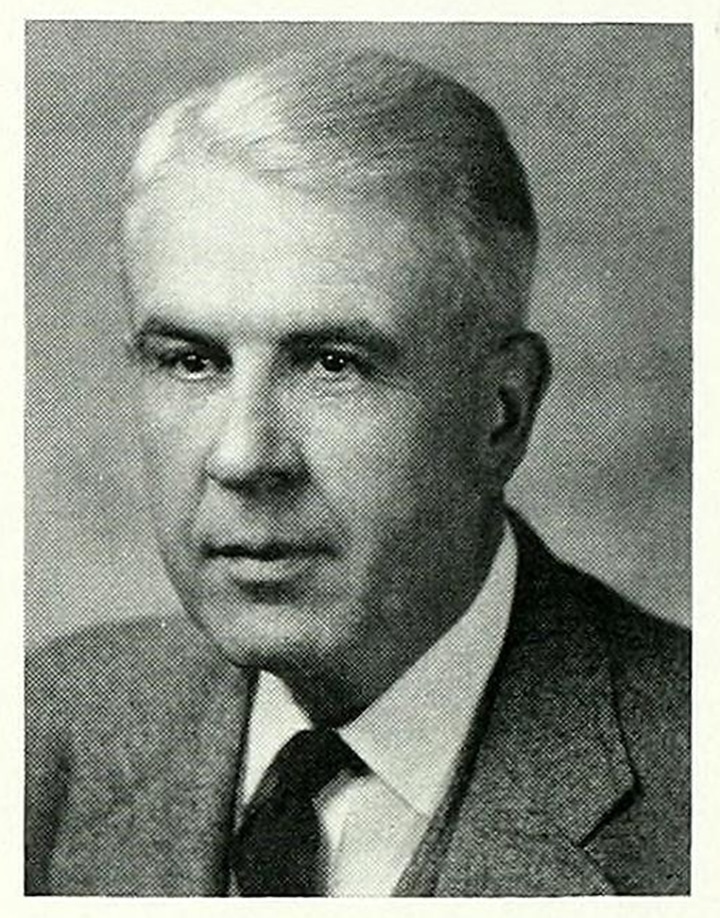RESOURCES
PEOPLE
“During the last decade, and more, we have seen in this community guilt, even though unacknowledged, produce fear. That fear has bred hatred. And the inevitable product of hatred is death. The only hope for Prince Edward County is to replace the sense of guilt by the reality of love. Then love will produce concerned action, even sacrifice. Such sacrificial love will flower into justice for all mankind.”
—Dr. Gordon Moss, 1963
Dr. C. D. Gordon Moss
1899-1982
C. C. Gordon Moss was a distinguished professor of history and later dean of women at Longwood College (now Longwood University) in Farmville, Virginia. Born in 1899, Moss joined Longwood’s faculty in the 1930s and became known as a popular and rigorous teacher whose views on history—and on the events unfolding around him—underwent a profound transformation.
During the 1950s and early 1960s, Prince Edward County became ground zero for Virginia’s campaign of “Massive Resistance,” following the Supreme Court’s Brown v. Board of Education decision. As public schools in the county were closed to avoid integration, Black children were denied formal education for five years. Longwood College, a segregated state institution at the time, offered little institutional resistance to these policies.
In this fraught climate, Dr. Moss evolved from a quiet observer to a visible and principled opponent of segregation. His position shifted from an unconscious acceptance of traditional racial arrangements to a deeply held belief in the injustice of the status quo. Through a series of provocative speeches, writings, and public acts in support of change, Moss challenged the moral and constitutional foundation of segregation in his community. This public transformation was remarkable—and costly. He earned the animosity of many Farmville leaders and received no support from Longwood’s administration.
When the Prince Edward Free Schools were finally opened in 1963 to provide education for Black students shut out of the system, Dr. Moss made a personal and public statement by enrolling his own son, Dickey Moss, in the Free School’s senior class underscoring his commitment to justice and educational equity.
Though Longwood College played a largely complicit role in maintaining segregation, Dr. Moss’s legacy stands as a moral counterpoint. His quiet courage, intellectual honesty, and willingness to endure social isolation in defense of principle left an enduring mark on the college and the broader struggle for civil rights in Farmville and Prince Edward County.
Dr. Moss passed away in 1982. In recognition of his contributions, Longwood University established the C.G. Gordon Moss Lecture in American History in 2013, and a residence hall on campus now bears his name.
